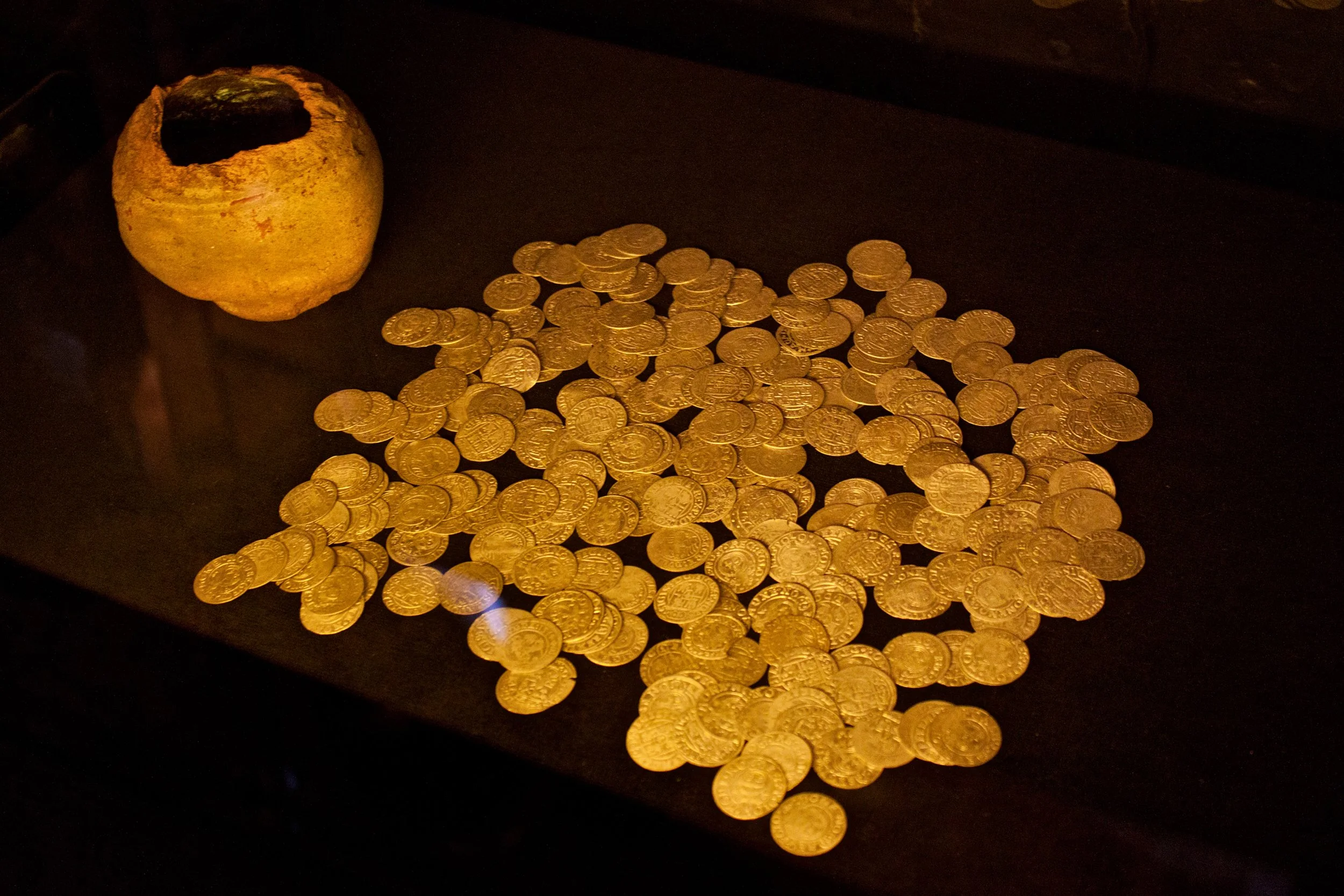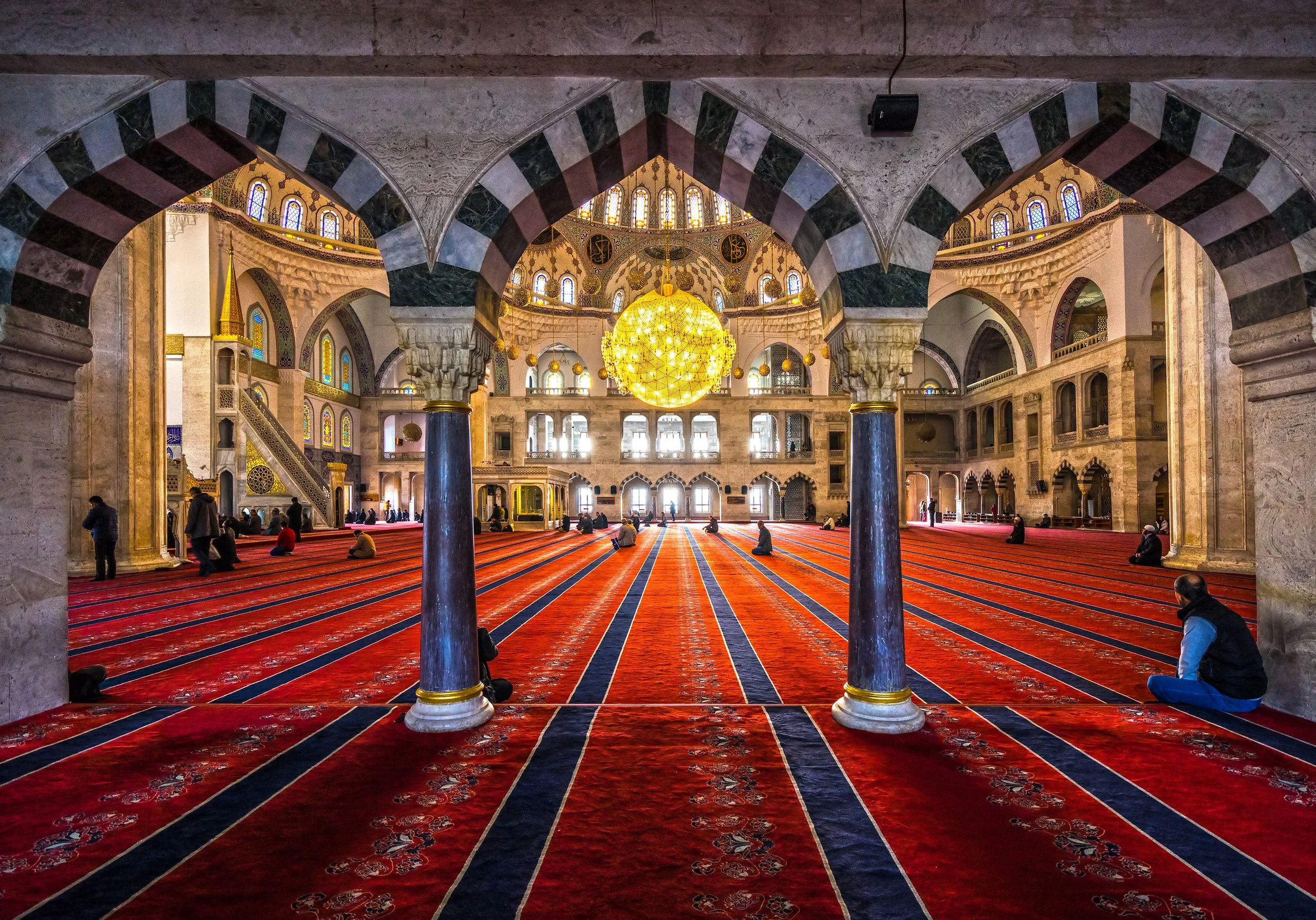On the evening of the 29th of Ramadan, 2015, a little-known group of Muslims near Bogota, Colombia sighted the crescent moon. As it happened, they were amongst the first Muslims anywhere in the Western Hemisphere to sight the moon on that night.
The Khasa'is genre of literature revolves around the unique characteristics and distinctive features of the Prophet Muhammad ﷺ.
The term khasa'is is derived from the Arabic language, meaning "unique characteristics" or "distinctive features." This genre of literature aims to celebrate and elevate the status of the Prophet Muhammad ﷺ by emphasizing his exceptional qualities and the special relationship he held with Allah. Khasa’is constitutes a significant part of Islamic scholarly tradition, as it focuses on the life, virtues, and miracles of the Prophet.
The Origins of the Khasa’is Genre
The Khasa'is literature emerged as a distinct genre in the early Islamic period, with scholars and theologians dedicating their works to exploring and narrating the extraordinary aspects of the Prophet's ﷺ life. These works often drew from various sources, including the Quran, Hadith, and historical accounts, to provide a comprehensive understanding of the Prophet's exemplary life ﷺ.

O beloved!
Know that giving zakat comprises one of the religion’s principal pillars, for the Prophet ﷺ said,
‘The foundations of Islam are five principles: the testimony of faith, prayer, zakat, fasting, and pilgrimage.’
Moreover, it is reported that,
‘Those who possess gold and silver, yet refuse to pay zakat, a piercing mark will be placed on their chests. And those who possess cattle, but fail to pay the requisite zakat, on the Day of Judgement, the quadrupeds will set upon and trample them endlessly.’
These reports are mentioned in the Sahihayn, therefore, those who possess wealth are impelled to gain knowledge of zakat for it comprises an obligation.

On the Meaning of Sending Prayers Upon Him ﷺ
Allah (Exalted is He) has said,
“Indeed, Allah and His Angels send prayers upon the Prophet. O you who be- lieve! Send prayers upon him and extend him a worthy salutation”
(al-Aḥzāb, 33:56).
Ibn ‘Abbas said,
“The meaning (of this verse) is that Allah and His Angels bless the Prophet ﷺ.”
It has also been said that it means,
“Indeed, Allah has mercy upon His Prophet ﷺ, and the Angels supplicate for him.”
Al-Mubrid said,
“The root meaning of ṣalāh (prayers) is to show mercy. Thus, (prayers) from Allah are mercy and prayers from the Angels are compassion and seeking for Allah to have mercy (on the person).”

O beloved! Know that fasting is a pillar from the pillars of Islam. The Prophet ﷺ stated, ‘Allah ﷻ says: I grant from ten to seven hundred rewards in return for a good deed. But fasting is Mine, and I grant its recompense.’
And Allah ﷻ said:
إِنَّمَا يُوَفَّى ٱلصَّـٰبِرُونَ أَجْرَهُم بِغَيْرِ حِسَابٍۢ
'"...Only those who endure patiently will be given their reward without limit."'
(al-Zumar, 39:10)
Indeed, the reward of one who exercises patience over appetence shall surpass all limits. The Prophet ﷺ related, ‘Patience comprises one-half of faith, and fasting encompasses one-half of patience.’

O beloved!
Know that the untainted purpose of worship is to remember the Truth ﷻ, since ritual worship comprises the pillar of religion, and its purpose is divine remembrance.
In the Holy Qur’an, Allah ﷻ says:
ٱتْلُ مَآ أُوحِىَ إِلَيْكَ مِنَ ٱلْكِتَـٰبِ وَأَقِمِ ٱلصَّلَوٰةَ ۖ إِنَّ ٱلصَّلَوٰةَ تَنْهَىٰ عَنِ ٱلْفَحْشَآءِ وَٱلْمُنكَرِ ۗ وَلَذِكْرُ ٱللَّهِ أَكْبَرُ ۗ وَٱللَّهُ يَعْلَمُ مَا تَصْنَعُونَ
‘Recite what has been revealed to you of the Book and establish prayer. Indeed, [genuine] prayer should deter [one] from indecency and wickedness. The remembrance of Allah is [an] even greater [deterrent]. And Allah [fully] knows what you [all] do.’
(al-’Ankabut, 29:45)
Moreover, recitation of the Holy Qur’an counts among the most virtuous acts of worship, since it comprises the Speech of Allah ﷻ and serves as a reminder to the reciter. Indeed, the Holy Qur’an acts to revive the remembrance of the Truth ﷻ in the heart. Besides, fasting aims to rupture appetence in order to purify the heart from concerns with a particular appetite and render it a chamber of divine remembrance, since a heart preoccupied with worldly appetence can neither hope to gain such a lofty station nor undergo change through remembrance. Likewise, the purpose of the pilgrimage, which involves visitation of the House of Allah ﷻ, is to remember the Lord ﷻ of the House and to provoke a yearning in the heart by way of His ﷻ encounter.


